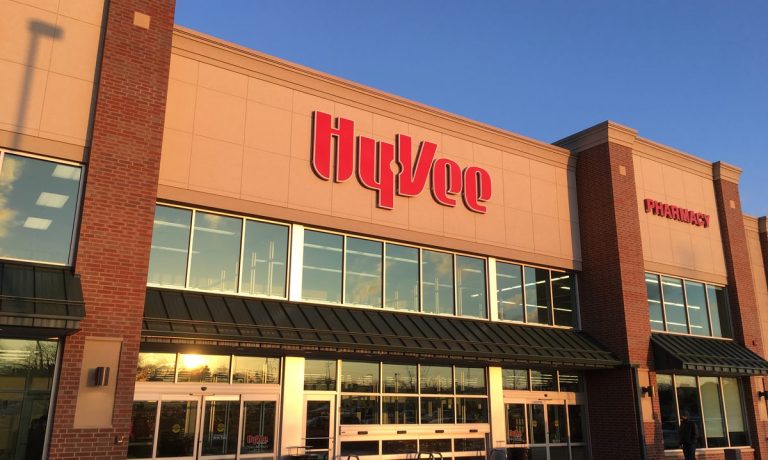Hy-Vee Launches Subscriptions as Grocers Rethink Pricing

This week in grocery, Hy-Vee taps subscription commerce, Sprouts launches a retail media network, and Giant Eagle aims to hold its own against competition from discount grocers.
Midwestern supermarket chain Hy-Vee, which has more than 280 locations across eight states in the region, announced Wednesday (May 3) the launch of a subscription service, Healthy You, offering wellness services both virtually and in person for $99 per month. The service includes two 30-minute dietitian appointments, access to a library of fitness videos, “wellness classes,” nutrition programs, health screenings and more.
The move shows the grocer trying to deepen its relationship with customers and drive loyalty by becoming a more central part of their everyday routines, offering not only food items for purchase but also more all-encompassing wellness services.
Yet, consumers, for the most part, are not looking to add more costly subscriptions, with macroeconomic pressures constraining their budgets. Research from PYMNTS’ April study, “Subscription Commerce Readiness Report: Bridging the Gap Between Subscription Conversion and Retention,” created in collaboration with sticky.io, which drew from a survey in February of more than 2,200 consumers with retail product subscriptions, found that the total number of subscriptions per subscriber remained unchanged from the previous quarter.
Plus, food and beverage subscriptions have been slightly underperforming relative to other types, with retention slightly below the industry-wide average.
High-cost subscriptions are the first on the chopping block. The study found that cost is the most common reason consumers are canceling subscriptions. Fifty-six percent of consumers who canceled a subscription in the prior year did so for cost-related reasons.
Sprouts Joins Grocers Launching Retail Media Networks
Retail media networks are becoming table stakes for grocers, offering a much-needed margin boost by supplementing grocery sales revenue with new advertising opportunities for brands. In recent years, grocers including BJ’s Wholesale Club, Ahold Delhaize, Kroger and others have launched and/or expanded such networks.
Now, specialty grocer Sprouts Farmer’s Market, which has more than 380 stores across 23 states, is joining the mix, but without the scale and resources of those other retailers, the company is left to rely on Instacart to power this offering. The grocer announced Wednesday that it is launching a retail media network via Instacart’s Carrot Ads.
“At Sprouts, we are committed to serving our health-enthusiast customers and are excited to offer new ways to connect them with our innovative and distinctive brand partners,” Nick Konat, president and chief operating officer of Sprouts Farmers Market, said in a statement. “By leveraging Instacart’s ad technology, we are enabling this connection — and giving our brand partners even more ways to grow with us and our customers. We’re proud of our partnership with Instacart for continuing to find ways to bring our great brands, customers and products together.”
Giant Eagle Locks Prices to Compete With Demand for Discount Retailers
As consumers increasingly look for lower-priced grocery options amid elevated food inflation, turning to discount retailers and big-box stores, supermarket chains are challenged to find new ways to compete.
Giant Eagle, for one, which has more than 470 stores across five states, announced Wednesday that it is putting a “Price Lock” on 800 items through early August, focusing on essentials and other highly in-demand items.
“We are putting the customer at the center of everything we do,” Giant Eagle interim CEO Bill Artman said in a statement. “Right now, our customers are seeking to manage their grocery expenses and telling us they need more ways to save at Giant Eagle to maintain access to the items that are most important to their households. Our teams worked extremely hard in recent weeks to respond to this by delivering meaningful reductions on hundreds of items with a focus on those that are most popular during the spring and summer months.”
The news comes as grocers are facing increased competition from value-centric retailers. Take, for instance, Aldi, which announced April 28 that it is adding 120 new stores throughout this year.
Demand for low-priced groceries is high. Research from the March edition of PYMNTS’ Consumer Inflation Sentiment report, “Consumer Inflation Sentiment: The False Appeal of Deal-Chasing Consumers,” which drew from a survey of more than 2,100 U.S. consumers, revealed that 44% of grocery shoppers are deal-chasers, willing to go wherever they will get the best price.